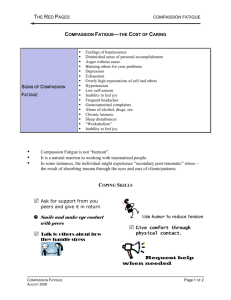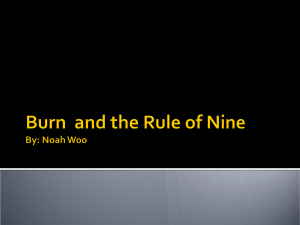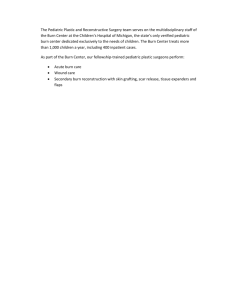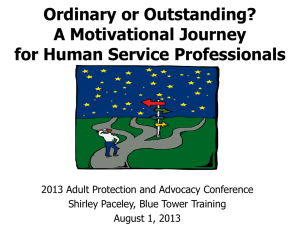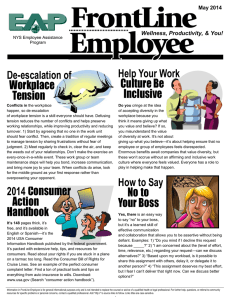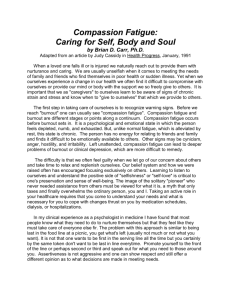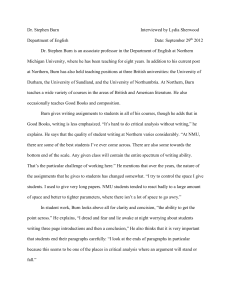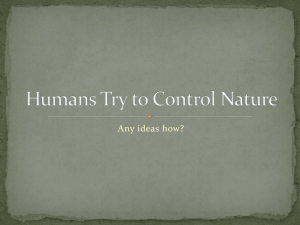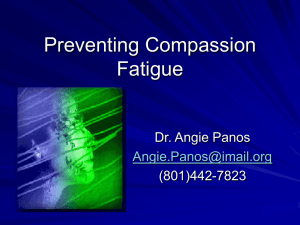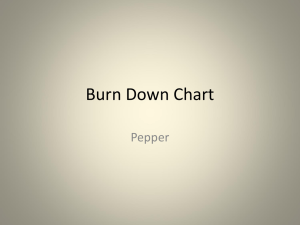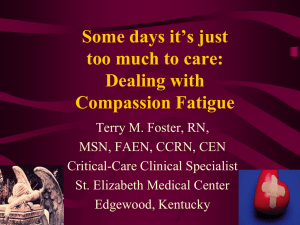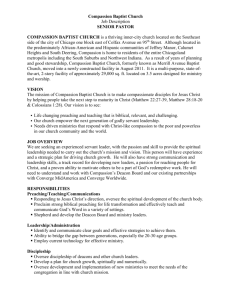Compassion Fatigue
advertisement
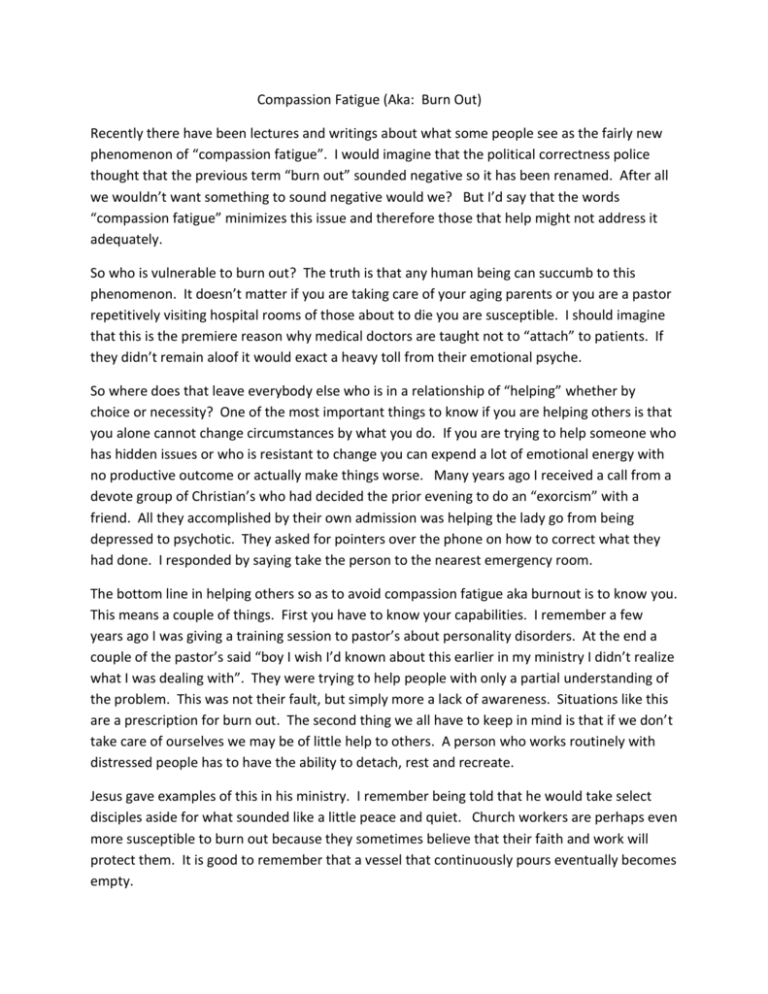
Compassion Fatigue (Aka: Burn Out) Recently there have been lectures and writings about what some people see as the fairly new phenomenon of “compassion fatigue”. I would imagine that the political correctness police thought that the previous term “burn out” sounded negative so it has been renamed. After all we wouldn’t want something to sound negative would we? But I’d say that the words “compassion fatigue” minimizes this issue and therefore those that help might not address it adequately. So who is vulnerable to burn out? The truth is that any human being can succumb to this phenomenon. It doesn’t matter if you are taking care of your aging parents or you are a pastor repetitively visiting hospital rooms of those about to die you are susceptible. I should imagine that this is the premiere reason why medical doctors are taught not to “attach” to patients. If they didn’t remain aloof it would exact a heavy toll from their emotional psyche. So where does that leave everybody else who is in a relationship of “helping” whether by choice or necessity? One of the most important things to know if you are helping others is that you alone cannot change circumstances by what you do. If you are trying to help someone who has hidden issues or who is resistant to change you can expend a lot of emotional energy with no productive outcome or actually make things worse. Many years ago I received a call from a devote group of Christian’s who had decided the prior evening to do an “exorcism” with a friend. All they accomplished by their own admission was helping the lady go from being depressed to psychotic. They asked for pointers over the phone on how to correct what they had done. I responded by saying take the person to the nearest emergency room. The bottom line in helping others so as to avoid compassion fatigue aka burnout is to know you. This means a couple of things. First you have to know your capabilities. I remember a few years ago I was giving a training session to pastor’s about personality disorders. At the end a couple of the pastor’s said “boy I wish I’d known about this earlier in my ministry I didn’t realize what I was dealing with”. They were trying to help people with only a partial understanding of the problem. This was not their fault, but simply more a lack of awareness. Situations like this are a prescription for burn out. The second thing we all have to keep in mind is that if we don’t take care of ourselves we may be of little help to others. A person who works routinely with distressed people has to have the ability to detach, rest and recreate. Jesus gave examples of this in his ministry. I remember being told that he would take select disciples aside for what sounded like a little peace and quiet. Church workers are perhaps even more susceptible to burn out because they sometimes believe that their faith and work will protect them. It is good to remember that a vessel that continuously pours eventually becomes empty. So no matter what society labels it now or in the future taking care of others is a challenge to all of us and not something to be taken lightly. Remembering this will protect us and those that we serve. If you are ever in doubt about a caregiving situation back up a bit and consult with others about how to proceed. If you never doubt what you are doing you may already be burned out. Dr. Meseck CEO LCFS of WI
